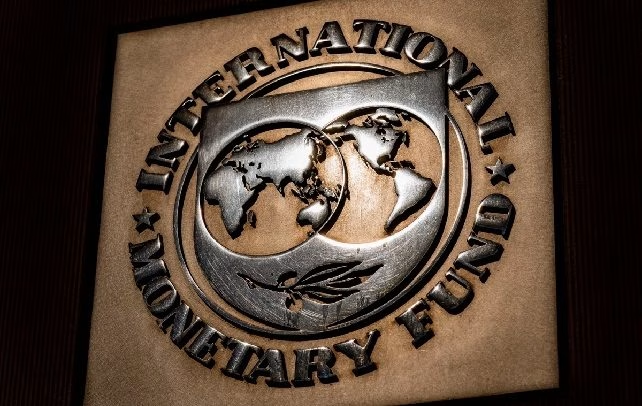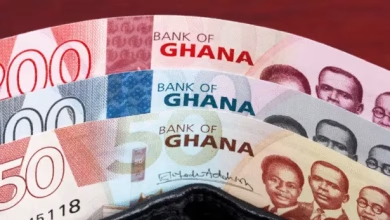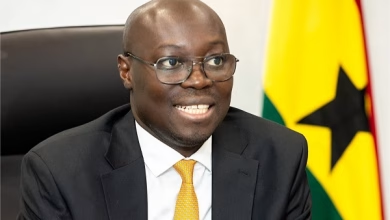IMF Urges Ghana to Stay Committed to Fiscal Reforms for Sustainable Recovery

- IMF advises Ghana to maintain credible fiscal adjustments
- Urges decisive action in cocoa and energy sectors
- Ghana working with commercial creditors under fair treatment terms
The International Monetary Fund (IMF) has called on Ghana to maintain the credibility of its fiscal policy adjustments in order to support the country’s ongoing economic recovery.
According to the IMF, sustaining progress will require continued efforts to enhance revenue collection, strengthen public financial management, and improve the governance of State-Owned Enterprises (SOEs), particularly by addressing longstanding challenges in the energy and cocoa sectors.
In a statement issued following the completion of the Fourth Review under Ghana’s Extended Credit Facility Arrangement, the Fund emphasized the importance of ambitious structural reforms. These, it noted, are crucial for fostering a more investment-friendly environment, strengthening governance, and boosting transparency—key components for unlocking Ghana’s economic potential and creating sustainable employment.
The IMF commended the Ministry of Finance and the Bank of Ghana for their progress on public debt restructuring. It highlighted the signing of a Memorandum of Understanding (MoU) with Ghana’s Official Creditors Committee (OCC) under the G20 Common Framework as a major milestone. The focus now shifts to concluding bilateral agreements to operationalize the MoU.
The Fund also acknowledged Ghana’s ongoing efforts to negotiate in good faith with commercial creditors to secure debt treatments consistent with program objectives and principles of equal treatment.
These efforts, along with broader policy reforms, have contributed to Ghana receiving credit rating upgrades from leading international agencies.
Looking ahead, the IMF urged the government to continue implementing macroeconomic adjustments and reforms. This, it stressed, is essential for restoring and sustaining macroeconomic stability, achieving long-term debt sustainability, and promoting inclusive growth and poverty reduction.






